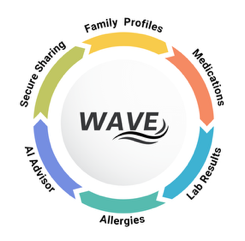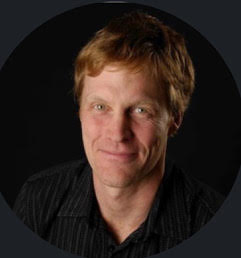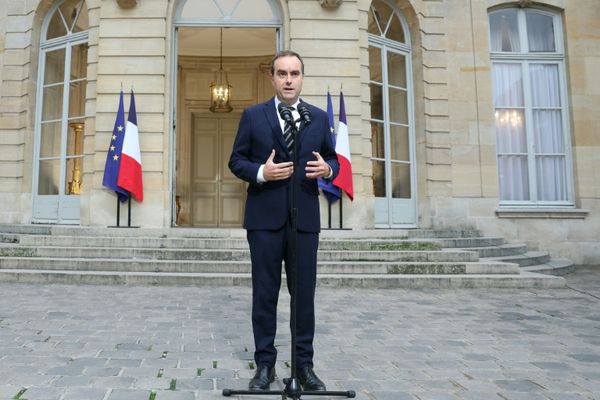
In the United States and around the world, healthcare is entering a moment of quiet but profound change. For decades, healthcare programs have often provided acute care, whether treating broken bones, managing cancer, or responding to emergencies. Yet as chronic illnesses, mental health challenges, and lifestyle-driven conditions now dominate the global disease burden, the need for more well-rounded and personalized systems has become imperative.
Recent moves by regulatory organizations to leverage digital service partners and electronic medical record providers signal a growing recognition of the need for change. While policy shifts are important, they may not fully resolve the deeper issue regarding the limited control individuals often have over their own health data. Without greater ownership, it can be challenging for people to make informed, personalized decisions that could reduce chronic disease and improve quality of life over decades.
Chris Geisler, founder and CEO of Fluid Medical, is providing a mechanism that enables people to have access to their health data in one place. This comprehensive approach promotes collaborative and secure access that can help establish personalized care across all healthcare fronts. This initiative comes from Geisler's understanding that large healthcare bodies tend to prioritize addressing existing health issues, although there may be opportunities to place greater emphasis on proactive care.
A formal elite big-wall climber accustomed to pushing physical and mental boundaries, Geisler was diagnosed with multiple sclerosis in his early 40s. Instead of solely leaving his recovery to traditional means, he sought out and advocated for cutting-edge chemotherapy treatment to achieve remission. He
credits that outcome not only to medical science but to having access to critical health information, which gave him the willingness to act on it. "I was my own advocate from the start, and that made all the difference," Geisler states.
It's this lived experience that is interspersed with his work today. Through two interconnected initiatives, Fluid Medical and as co-founder of The Human Flourishing Collaborative with its Phiggle App, Geisler is working to shift healthcare from an acute mindset to a flourishing health model.

Fluid Medical can manage the integration of disparate data sources so individuals can securely access, own, and share their health records across borders. "Rather than waiting for regulatory bodies to connect the dots, we built a system where the consumer controls their data, and the integrations can happen in the background," he states.
The Human Flourishing Collaborative, a public benefit corporation, is building on a sovereign data foundation, aiming to enable a significant decrease in chronic care issues in the US within the next decade. Foundational to this are a community network and an incentive structure that rewards individuals for contributing to the well-being of others. "Ultimately, it's about health literacy and learning from others' lived experiences," he explains.
A secure community network allows people to share their lived health experiences, which was something Geisler found profoundly valuable in his own MS journey. Peer-to-peer exchange, he notes, can build health literacy and emotional resilience in ways online resources alone can not match. Serving as a public interface, the Phiggle App can tie these layers together, and users will see a simple, intuitive view of their health. Moreover, it will connect them with relevant communities and reward engagement with tangible benefits, including discounts, offers, and personalized resources, while maintaining privacy and user controls.
According to the Centers for Disease Control and Prevention (CDC), six in ten US adults have a chronic disease, and four in ten have two or more. And as such conditions, many of which are preventable, continue to rise in number, Geisler argues that there's an impending need to empower individuals with their own health data, equip them to make informed
choices, and connect them to supportive communities with incentives.
The implications go beyond technology. By placing control in the hands of the individual, the model Geisler champions could reduce system strain, improve outcomes, and perhaps most importantly, change the way people think about health itself. Instead of a reactive repair process, healthcare could become a lifelong, personalized pursuit of flourishing.
If the acute care era has been about saving lives in the moment of crises, the next era must be about enabling people to live well, every day, for decades. In that sense, the revolution is already underway, and Geisler is ensuring that it comes through, one personalized health report at a time.







